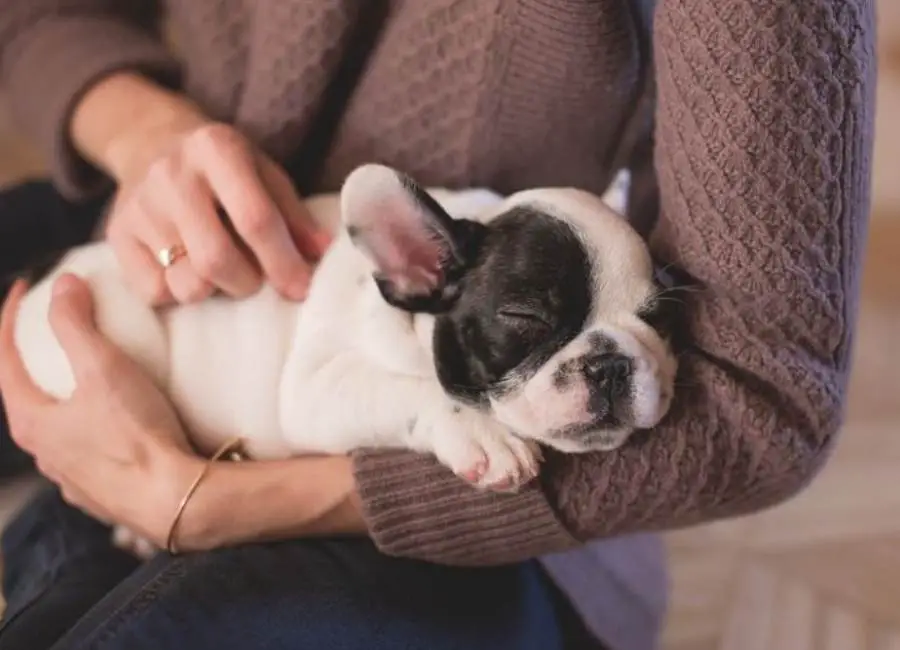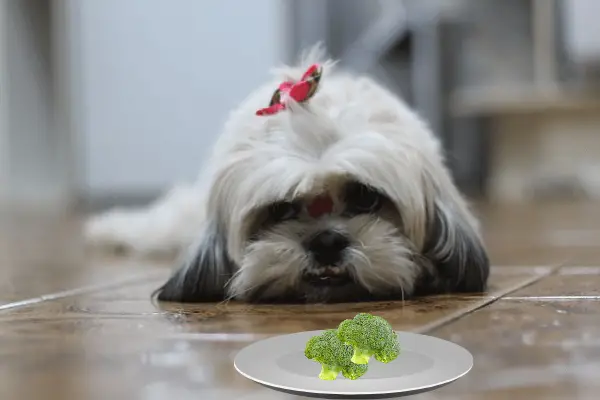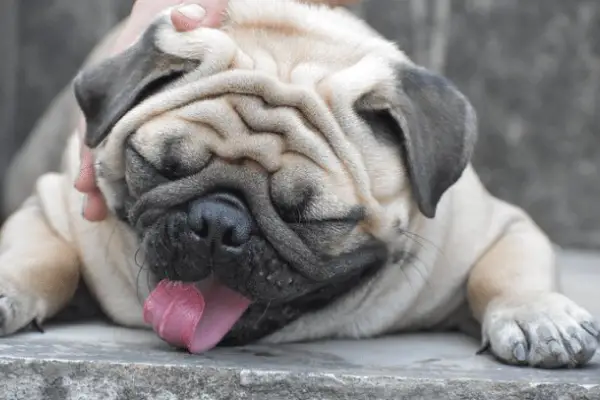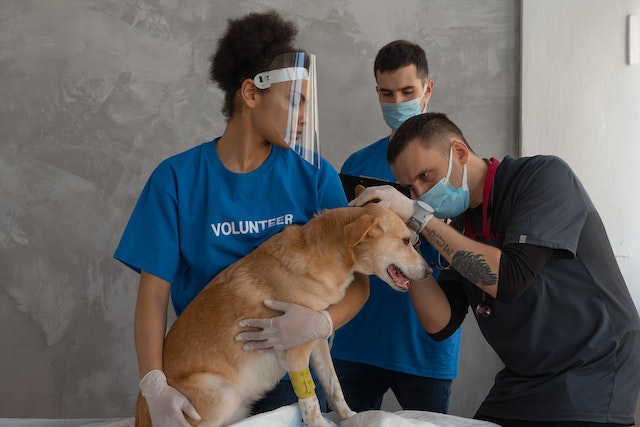20 Easy Tips And Ways To Care For A Puppy

This post is aimed at discussing some easy and common ways to care for a puppy when you bring them home.
When you bring home your new puppy, you will want to make sure that you provide the best possible care for him or her.
There are a lot of things that go into taking care of a puppy that will help in keeping them healthy and happy, so keep reading to find out more…
Ways To Care For A Puppy
The followings are some common ways to care for a puppy:
Provide a Comfortable Shelter For Your Puppy
When you get your new puppy, one of the first things you will need to do is provide them with a comfortable place to sleep.
A crate or a bed made specifically for puppies can make the transition to your home much easier for both you and your pup.
When choosing a crate, make sure that it is large enough for your puppy to stand up and turn around, but not so large that it can’t move around.
A crate should also have a comfortable surface, such as a bed, for them to sleep on.
A bed made specifically for puppies should be soft, comfortable, and have a good ventilation system.
Vaccinate Your Puppy
Puppies need to be vaccinated to help protect them from serious diseases. Some of the most common vaccinations your puppy needs are:
- Diphtheria
- Pertussis (whooping cough)
- Hepatitis A
- Hepatitis B
- Polio
- Rabies
When vaccinating your puppy, be sure to get both the puppy and adult vaccines.
Puppies should also be vaccinated against distemper and parvovirus.
Get Pet Insurance For Your Puppy
If you have a new puppy, you’ll want to get pet insurance for him or her.
Puppies are adorable, but they can also be costly to care for if something happens to them.
A big expense you can avoid by getting pet insurance is having to shell out money on vet bills or pet food.
Some pet insurance policies also cover accidents, like getting your puppy wet or dirty, or if he or she is stolen.
Talk to your veterinarian or pet insurance provider to see if getting pet insurance is right for your pup.
Puppy-Proof Your Home
There are a few things you can do to help make sure that your home is puppy-proofed.
- Make sure that all door and window locks are in good working order.
- Keep all sharp objects and toys hidden away.
- Make sure that your yard is fenced in and that there are no gaps in the fence.
- Make sure that your pet is supervised at all times.
- Keep a close eye on your puppy at all times. If you see them behaving in a way that suggests they might be about to make a mistake, take them outside immediately.
Brush Your Puppy Regularly
Brush your coat puppy regularly to keep them clean and free of ticks, fleas, and other parasites.
This will also help to keep their coat shiny and healthy. Brush your puppy at least twice a week depending on the length of their fur.
Feed Your Puppy on a Regularly Schedule
A puppy’s diet is very important, and he or she will not thrive if food is not regularly available.
Provide a variety of food, including both wet and dry food.
The best way to provide appropriate puppy food daily is to start small.
Offer your puppy small meals at regular intervals throughout the day and gradually increase the size of the meal as your puppy grows.
Follow these guidelines to get started:
- Start by offering your puppy a small meal every two hours.
- gradually increase the size of the meal as your puppy grows.
- Offer a small meal that is equal to or smaller in size than what your puppy would eat in a single sitting.
- Offer a meal that is divided into two or three smaller pieces.
Provide Clean Drinking Water Regularly
Have plenty of fresh water available at all times. Puppies need water to stay hydrated, and they will quickly become dehydrated if they do not have access to fresh water.
Train And Teach Basic Obedience Skills
A well-trained dog is an obedient dog. Obedience training can make your dog a better citizen and companion.
There is a good deal of different obedience training techniques to choose from, but the basics of any obedience training program are obedience commands and good reinforcements.
The most basic obedience command is “sit.” When your dog understands this command, you can start training other commands such as “come,” “down,” and “stay.”
The key to successful obedience training is to provide positive reinforcement for good behavior.
This means giving your dog treats, petting him/her, or verbal praise when he/she follows the commands.
Brush Your Puppy’s Teeth Frequently
Brushing your puppy’s teeth regularly is one of the most important things you can do for their oral health.
Puppies’ teeth are developing and grow throughout their lifetime, so brushing them regularly will help keep their teeth clean and healthy.
How to brush a puppy’s teeth:
- Start by dipping a toothbrush into a small bowl of warm water.
- Put vet-recommended puppy toothpaste on the brush.
- Squeeze the toothbrush until it’s soft, then place it against the puppy’s teeth.
- Gently brush the puppy’s teeth in a circular motion.
- Be sure to brush all parts of your puppy teeth.
Socialize Your Puppy
Just as humans need socialization to develop into well-rounded individuals, puppies need the same thing.
Puppies need to learn how to interact with others, how to share, and how to cooperate.
Puppies need to learn how to trust and be trustworthy. One of the best ways to socialize your puppy is to take him or her out for walks.
Take your pup on long walks where he or she can explore and sniff around. Poor socialization is one of the reasons why dogs bite.
Try to take your pup to different areas of your neighborhood, to parks, and even to other people’s yards.
Let your pup play with other puppies and dogs. Another great way to socialize your puppy is to take them to puppy classes.
Read more: 15 Fun And Interesting Ways To Socialize A Dog.
Prepare Your Puppy For Winter And Summer
Preparing your puppy for winter and summer can make a big difference in their life.
Puppies don’t have a lot of experience coping with changes in temperature, so it’s important to take care of them when the weather gets cold or hot.
Here are some tips for preparing your puppy for winter:
-Keep your puppy warm and dry when it’s cold outside. Provide them with a warm coat and plenty of blankets.
-In warm weather, keep your puppy cool by providing them with plenty of shady spots and water to drink.
-Avoid leaving your puppy outside in cold weather. Bring them inside when it’s cold and keep them indoors.
Keep Your Puppy Mentally Stimulated
Imagine waking up every day to a furry friend who is mentally stimulated and happy.
That is what you can expect with a well-trained and mentally stimulated puppy.
When you first get your puppy, it is important to provide them with plenty of mental stimulation.
This means playing with them, engaging them in chew toys, and providing them with plenty of mental challenges.
One of the best ways to keep your puppy mentally stimulated is to get them involved in training.
This will help them learn new tricks and develop a strong obedience foundation.
It is also important to provide your puppy with plenty of physical activity to keep them busy.
Deworm Your Puppy Regularly
Deworming your puppy is one of the most important things you can do for their health and well-being.
Puppies are born with a natural defense system against harmful parasites, but as they grow and mature, those defenses may not be enough.
Deworming your puppy regularly with a good deworming product will help to keep them healthy and parasite-free.
There are a variety of deworming products available, and it is important to choose the right one for your puppy.
Some products are designed for puppies as young as 8 weeks old, while others are safe for older dogs. It is also important to remember to deworm your puppy.
Trim Your Puppy’s Nails Regularly
Regular nail trimming is one of the most important things you can do to keep your puppy healthy and happy.
A properly trimmed nail will prevent your puppy from getting toe fungus, which can be very painful and difficult to treat.
To trim your puppy’s nails, start by holding the puppy so that his feet are parallel to the ground.
Place the tip of the nail clipper against the end of the nail and make sure the blade is sharp.
Gently clip the nail until it’s just short of the quick. Repeat on the other paw.
Clean Your Puppy’s Ears Regularly
One of the easiest ways to keep your puppy healthy is to keep their ears clean.
By regularly cleaning their ears, you will help to prevent ear infections, which can be very dangerous for your puppy.
To clean your puppy’s ears, start by using a soft, cotton ball.
Squeeze a small amount of ear cleaner onto the ball, and then use your fingers to massage the ear canal until the ball is clean.
Try not to push too hard on the ear canal, as this may cause pain.
If your puppy has an ear infection, their ears may be red, and swollen, and it may be difficult to clean their ears.
Spay Or Neuter Your Puppy
Spaying or neutering your puppy is one of the most important decisions you can make for their long-term health and well-being.
Puppies are born with all of the instincts to breed and have a litter of their own.
By spaying or neutering your puppy, you are preventing them from becoming a nuisance in your neighborhood, as well as contributing to the overpopulation of dogs in the U.S.
There are a few reasons why spaying or neutering your puppy is important:
- It can reduce your pet’s chance of developing health problems in the future, such as cancer and pyometra.
- The benefits of spaying or neutering your puppy are many and varied. They include reducing the number of litters of puppies and helping to control the population of feral and stray dogs.
- Spaying or neutering your puppy also decreases the likelihood of your puppy developing certain health problems, such as mammary cancer, pyometra, and uterine cancer.
- Spaying or neutering your puppy also eliminates the possibility of your puppy developing a reputation as a “bad dog” or “nuisance.”
- Finally, spaying or neutering your puppy can provide your puppy with a longer, healthier life.
Give Your Puppy a Bath When Needed
Giving your pup a bath when needed is a great way to keep them clean and healthy. It also helps to reduce the amount of hair around the house.
Follow these steps to give your pup a bath when needed:
- Choose a time when your pup is calm and not active.
- Fill a large tub with enough warm water to cover the dog.
- Add a little soap and enough water to make a gentle lather.
- Soak your pup for a few minutes, then rinse off.
- Dry them off with a towel.
- If your pup has long hair, make sure you air-dry them properly.
Exercise Your Puppy Regularly
Exercise is essential for both your pup’s physical and mental health.
Exercising regularly can help improve your pup’s cognitive function and behavior.
One of the benefits of exercise for puppies is that it helps them develop better muscle and bone mass.
Regular exercise also helps puppies develop better social skills and can help reduce the likelihood of obesity in adulthood.
There are a number of ways to get your pup to exercise.
Some of the most popular ways to exercise your pup include playing fetch, taking them for a walk, running them around in a playpen, and playing games like tug of war.
Spend More Time With Your Puppy
Spend more time with your puppy. The more you spend with your puppy, the more he or she will love you.
Puppies need to be around people and other animals to develop their social skills, so spending time with your puppy will help him or she develop into a well-adjusted adult.
Besides just being around you, puppies need to be physically active.
A good way to spend time with your puppy is to take him or her for a walk, run or play fetch.
Playing with your puppy also helps to keep him or she mentally stimulated.
Regularly Schedule Veterinary Visits
Veterinary visits are an important part of keeping your pet healthy.
Regular veterinary visits can help detect early signs of illness and can help keep your pet healthy.
Some important things to keep in mind when scheduling your pet’s veterinary visits include:
- Regularly check your pet’s weight and record the results in your pet’s medical record.
- Make sure to bring your pet to the veterinarian if they show any unusual changes in behavior, appetite, energy, or appearance.
- Ask your veterinarian about possible preventative measures you can take to keep your pet healthy, such as vaccination schedules and parasite prevention.


![What Do Beagles Usually Die From [9 Hints] What Do Beagles Usually Die From](https://petcreeks.com/wp-content/uploads/2023/05/What-Do-Beagles-Usually-Die-From-768x555.jpg)



